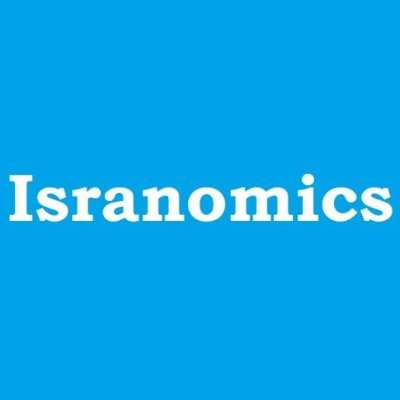From non-profit to $90 billion valuation: OpenAI's evolution

Artificial Intelligence has been making waves across industries, and OpenAI, a prominent AI startup, is poised to make a major move in the world of tech investments. According to a report in the Wall Street Journal, OpenAI is currently in discussions with investors to sell shares that could value the company at an impressive $80-90 billion. This valuation represents a significant leap from its earlier valuation earlier in the year.
OpenAI's Journey to Success
OpenAI has been at the forefront of the AI revolution, with one of its most notable achievements being the launch of the successful chatbot ChatGPT last November. While the basic version of ChatGPT is available for free, the company has successfully generated revenue by offering a more powerful version for a fee and licensing its language models to other businesses.
Revenue Projections and Employee Benefits
Sources familiar with the matter have disclosed that OpenAI is projecting a remarkable milestone for this year: reaching a billion dollars in revenue. Furthermore, the company anticipates even higher revenue figures in the coming year. To facilitate this growth and provide an opportunity for employees to cash in on their vested interests, OpenAI plans to sell existing shares to investors rather than issuing new shares to raise additional capital.
Implications of the Deal
This move has the potential to make OpenAI the third most valued startup globally, trailing only behind SpaceX, led by Elon Musk, and ByteDance, the parent company of the popular social media platform TikTok. The company intends to sell hundreds of millions of dollars' worth of existing shares to Silicon Valley investors, thus unlocking substantial profits.
Microsoft's Significant Stake
Microsoft plays a prominent role in OpenAI's journey. The tech giant currently owns a 49% stake in the company, which, according to insiders, is set to bring them substantial profits from this deal. Microsoft had invested billions of dollars in OpenAI, largely to support the immense computing costs associated with training AI models. However, OpenAI intends to maintain Microsoft as a minority shareholder to ensure that its ownership does not exceed the 50% threshold.
OpenAI's Evolution
OpenAI, under the leadership of CEO Sam Altman, has undergone significant transformations since its inception in 2015. Initially founded as a non-profit organization with the aim of advancing safe AI technology, it secured funding from notable investors, including Elon Musk. In 2019, OpenAI changed its status to a for-profit entity, paving the way for massive investments in technology development.
Importantly, Altman has made it clear that OpenAI has no intention of issuing or selling the company outright. Instead, the sale of existing shares represents a means for employees to benefit from the company's remarkable growth.
To sum up, the upcoming valuation of $80-$90 billion for OpenAI and the related selling of existing shares to investors represents a watershed point in the company's history. OpenAI is well positioned to play a pivotal role in influencing the future of artificial intelligence as the AI revolution gains steam. No matter how one may feel about artificial intelligence, the fact is that it is here to stay.
This article originally appeared here and is reposted with permission.

Isranomics.com is a website that takes a unique look at Israel's economy, business, and innovations. It gives an overview of what's going on in the country's financial markets and provides its readers with useful information about Israeli companies that work in Israel and around the world. It is a good source of information for anyone who wants to get to know Israel from a non-political point of view.














